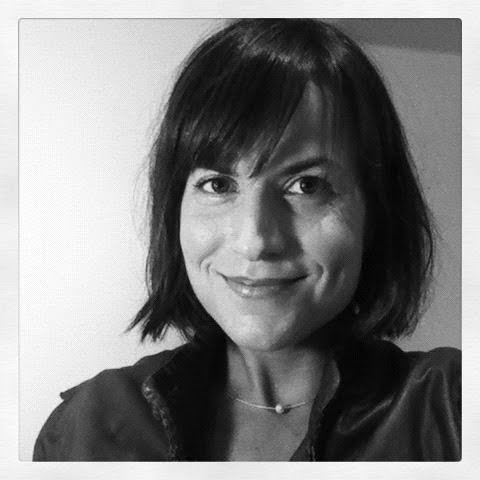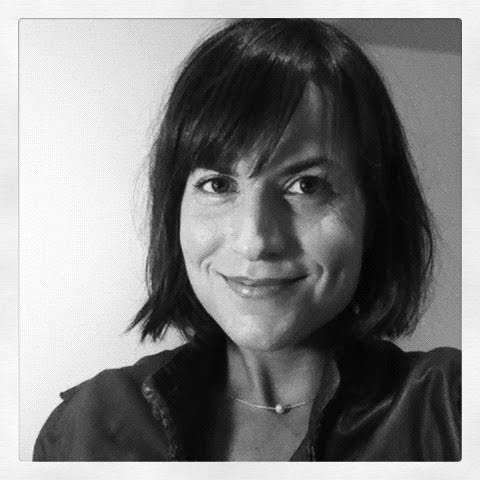 |
A few years back there was a rumour going round the academic grapevine.
A relic had been discovered in Iran inscribed with cuneiform — the oldest form of handwriting. The relic was an astonishing archaeological find because of the uniqueness of its inscription. Instead of focusing on religion or bureaucracy, its text was merely axiomatic. It took a team of historians to decipher it, and when at last they were finished, the world’s oldest recorded aphorism read: ‘Children these days, what is the next generation coming to?’
The story is apocryphal but its message is incisive. The notion that the younger generation is more unruly and less competent, that kids’ attention spans are shorter and their moral standards more diffuse, is among the most pervasive assumptions of history, spanning the boundaries of time and space. It is also a popular belief among older generations of Jewish South Africans, and it is common to hear statements of concern about the seeming lack of commitment to Jewish public life and the apparent decline of Jewish civic engagement, political leadership and professional prestige.
A related belief, just as commonly repeated, is that by the 1990s, many of South Africa’s ‘most talented and ambitious young Jews had left the country.’ This is a direct quote from an article written by Peter Beinart reflecting on his recent visit to Cape Town. This claim was also made to a group of young Jewish South Africans by the representative of a Jewish philanthropic agency who sought to establish a micro- grants programme for young entrepreneurs here. The speaker told them that there was a widespread perception in the US that the best and brightest South African Jews had emigrated, and encouraged us (with unwitting condescension) to apply for grants so that we set the record straight.
Involved in all aspects of society
Whether or not these beliefs are true is not nearly as revealing for me as the meaning of the beliefs themselves. Let’s take the first claim — that young Jewish South Africans are no longer as professionally renowned and politically influential as their parents and grandparents. In this case, the professions of law and medicine — prior bastions of Jewish success — are often mentioned. As the joke goes — it’s the dream of every Jewish mother that her child become a doctor. Should he have learning difficulties, there is always recourse to the legal profession. The seeming decline of young Jews in the ranks of South Africa’s doctors and lawyers is read as an indication that Jews are losing prestige across the broader professional spectrum.
But what has really happened is that the locus of prestige has shifted. As the market has changed and the professions of law and medicine have become feminised — with increasing numbers of women in their ranks — they have become poorer paid and less prestigious. Now, the most esteemed and lucrative careers are in finance and information technology, fields in which South African Jews are strongly represented. And, at least anecdotally, there are still plenty of young Jews who are becoming lawyers and doctors, and leaders in these professions. Just last week, a friend of mine who is just 31 had an article published in the renowned medical journal, Lancet Neurology.
When it comes to Jews in the arts, education and media, I feel as though I cannot attend an exhibition opening or academic event, or read a blog post that does not include Jews as authors, curators, hosts or interlocutors. There is a vibrant presence of young Jews across many other sectors of civil society. I have friends working on issues as diverse and crucial as sanitation in Khayelitsha, improving literacy and nutrition in the school system, and helping adolescents adhere to medicines for chronic illnesses. This is just a snapshot of the powerful contributions that young members of our community are making. The one sector in which Jews are not as well-represented now as in the past is that of formal party politics. For decades, young members of the community held leadership positions within the ANC and DA. On the surface, this no longer seems to be the case. However, this does not mean that young Jews are not doing work that is intrinsically political, and are not politically engaged or committed. What is more, the political leadership of Cape Town’s Jewish community itself is young and politically astute. And these community leaders have been elected and supported by older members who have read the political landscape with the seichel to see that what the community needs are energetic and adaptive youngsters at its helm.
So please, let’s pause the communal chorus of the anthem for doomed youth. In the immortal words of The Who — the kids are actually alright.
Rebecca Hodes has a PhD in medical history from Oxford University. She works at UCT where she is writing a history of abortion in South Africa. She would like to thank Ayal Belling for his insights into these issues.











